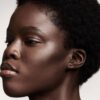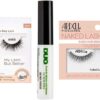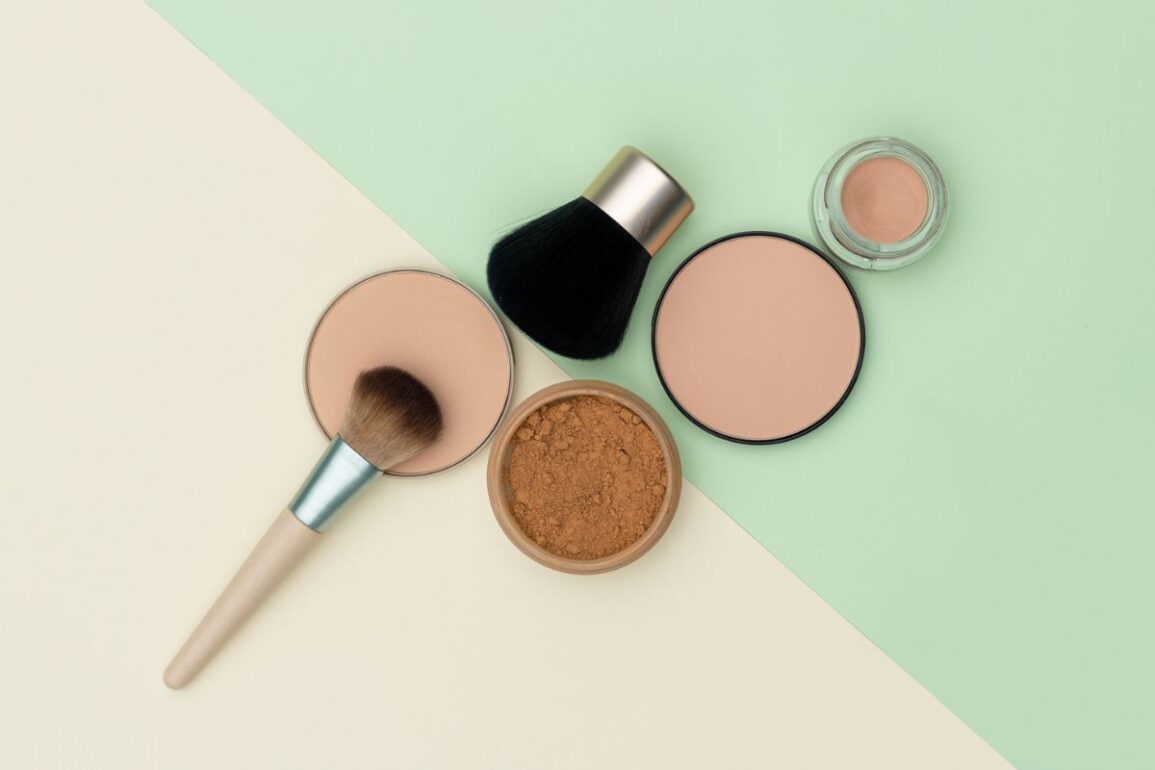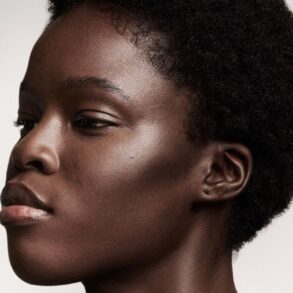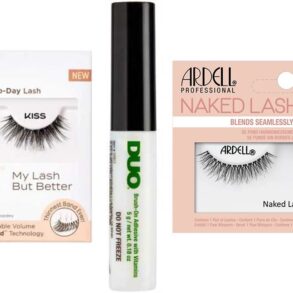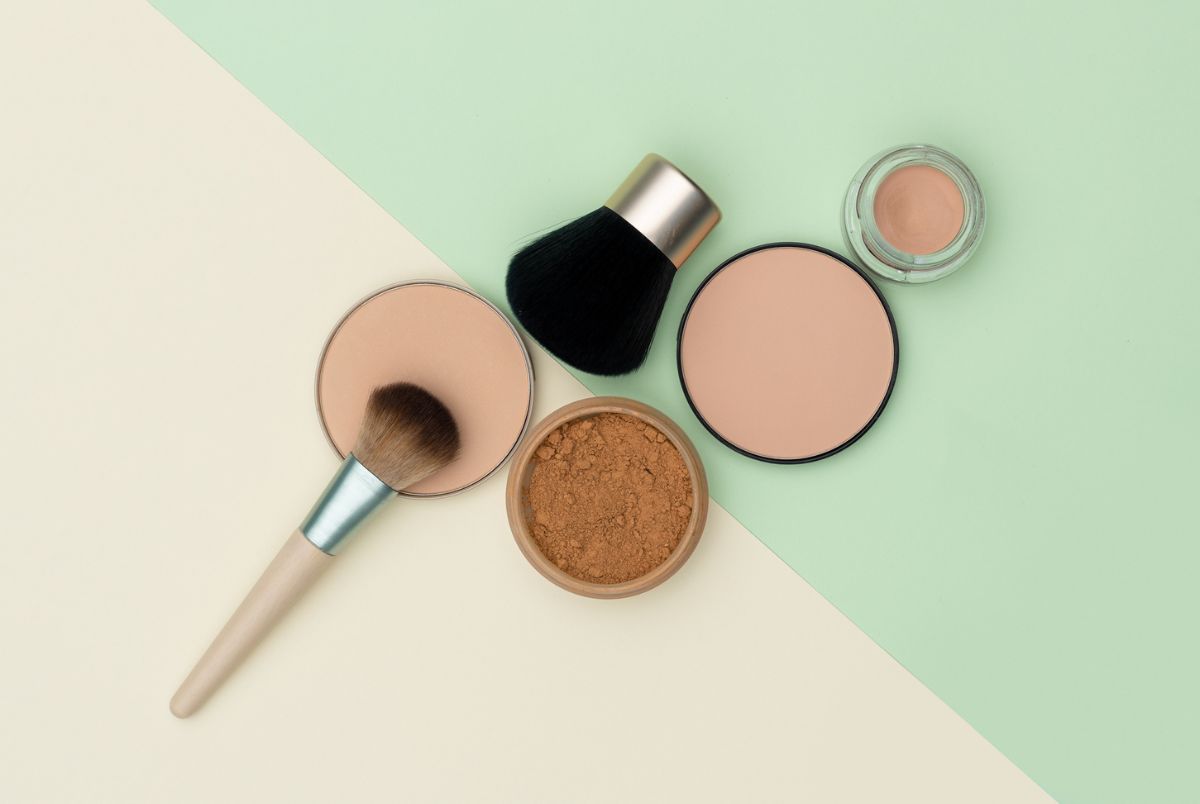
Take notes from the experts:
Anyone who has watched a makeup tutorial on the internet understands the importance of using products correctly. Professional makeup artists can demonstrate flawless finishes because they are skilled. Not only do they know secrets to selecting ideal products, but they also use special makeup application tricks to even out a person’s complexion. With so many products on the market, it can be challenging for regular consumers to know which ones are best. Because makeup such as foundations are pricey, customers may want to test products before they buy. But, in a world of germs, one must be cautious. Here are some good things to know about testing makeup foundations.
Foundations make a difference
Makeup foundations are extremely important because they set the stage for all other makeup products. Thus, it’s important to get it right. Enjoy these foundation makeup tips for selecting this all-important base layer. For information about the best types of foundation, read our sister article entitled, Foundation makeup types and tips.
Choose your foundation carefully!
Foundation is a makeup base for the face and neck. Foundation colors are based on the user’s skin tone. The goal is to match the product to one’s natural skin color as precisely as possible. Fair, light, medium, dark, and deep are common skin shades. Many experts say that foundations should not be based on skin color alone. They believe that skin undertones are nearly as important.
What are undertones?
Undertones refer to the color below the skin’s surface. Yellow, peach, gold, or green veins indicate warm undertones and pink, blue, and purple signal cool undertones. People with warm undertones are encouraged to use warm shades and people with cool undertones are advised to stick with cool shades. However, many people have a mix of undertones and that can be confusing. Those people are advised to use neutral undertones. Knowing undertones can increase good coverage and keep complexions looking vibrant and rejuvenated.
KISS (Keep it simple silly)
To simply match the best foundation shade to your skin color, check your skin in natural light and pick the one that is the closest match. No exact match? When in doubt over two close shades, one slightly darker than your skin or one slightly lighter, most makeup artists will suggest using the slightly lighter shade. You can always build upon it by blending in contour or adding subtle color with blush.
For general makeup testing
If safely possible, test products like foundation to see what’s right for you. Some beauty counters offer makeup specialists who can assist you with beauty advice and in testing products. Do note that they should use sanitary methods to test products on you. Most will use testers that have been sanitized and not handled by the public. They should also use disposable makeup applicators like mini brushes and application wands designed for one-time use. Do not allow them to use unclean brushes that may have been used on other customers. Additionally, do not allow them to dip fingers into products and apply them directly on your skin. If you feel uncomfortable about a store’s cleanliness, go with your gut instinct. Skip testing products in the store altogether. And as a tip, never share lipstick, mascara, or other personal beauty products with others, including close family and friends. (Sorry, it’s just not sanitary!)
The benefits of professional makeup artists
Professional makeup artists are schooled in proper sanitation and use of products. Additionally, they have the expertise to quickly match foundation to skin and select natural shades to complement hair color or draw out eyes. They also know how to maximize best qualities while minimizing the lesser.
DIY makeup testing
DIY makeup testing can be a nasty experience. Note that during the pandemic, many beauty retailers stopped offering in-store testers to help prevent the spread of the virus. For testing makeup, and to avoid germs, skip using the open store testers for lipsticks, lip glosses, eyeliners, and mascaras that other people have used. Also avoid sample products like mousse foundations that people can dip fingers directly into – as they may be contaminated. Do speak up and ask for mini samples of products you wish to try. Also find out about the store’s return policy for makeup you cannot test but are considering buying.
Here’s why you’ll want to ask:
For makeup you are outright buying without testing, inquire about the store’s return policy on makeup. Many will allow you to return stuff, even if you buy it and try it, but decide it’s just not right for you. This is especially important for makeup foundations which can be pricey.
Experience counts
Pretty soon, women who grow accustomed to wearing makeup become increasingly comfortable choosing foundation shades without having to test them. Familiarity with brands and types of foundations, plus knowing what ingredients work best, make it easy to know what products are right for you.
In a pinch
For the best color match, it’s important to test makeup on bare skin and in natural light. Many people test makeup on their hands. In a pinch, one may test makeup on the underside of the wrist. While the technique does not ensure the best face color match, it can demonstrate the foundation’s thickness and blendability. And it can provide some idea of the color which is ultimately helpful.
Matching foundation online
Many modern-day websites offer online match-to-me options to help consumers match foundation shades to their skin tones. These tools are extremely useful when you can’t physically try on shades. In some cases, they will ask you questions about your skin tone, your age, and products you like. In other cases, they will show you photos or ask you to submit your own to get a color match. Very important: Before submitting personal information, do understand your privacy rights.
Take the time
Testing makeup foundations before buying can help ensure that products are a good match for the skin. However, in-store testing does not guarantee safety or that foundations will perform well. Nor does a quick test demonstrate whether products are beneficial in the long term.
Wise counsel
Before testing makeup foundations and other products, heed this advice. Always read product reviews and understand the ingredients in makeup. Note that cosmetics are not regulated by the Food and Drug Administration (FDA) like drugs, with an exception for color additives. Nor do cosmetics have to be tested for safety by the FDA before hitting the market. For these reasons, it’s important for consumers to do their homework. Since makeup foundation is an important base that is applied to the entire face, it’s worth taking some time before buying to do the research.
This article is purely informational and is not a medical article.
This post was originally published on this site be sure to check out more of their content.


